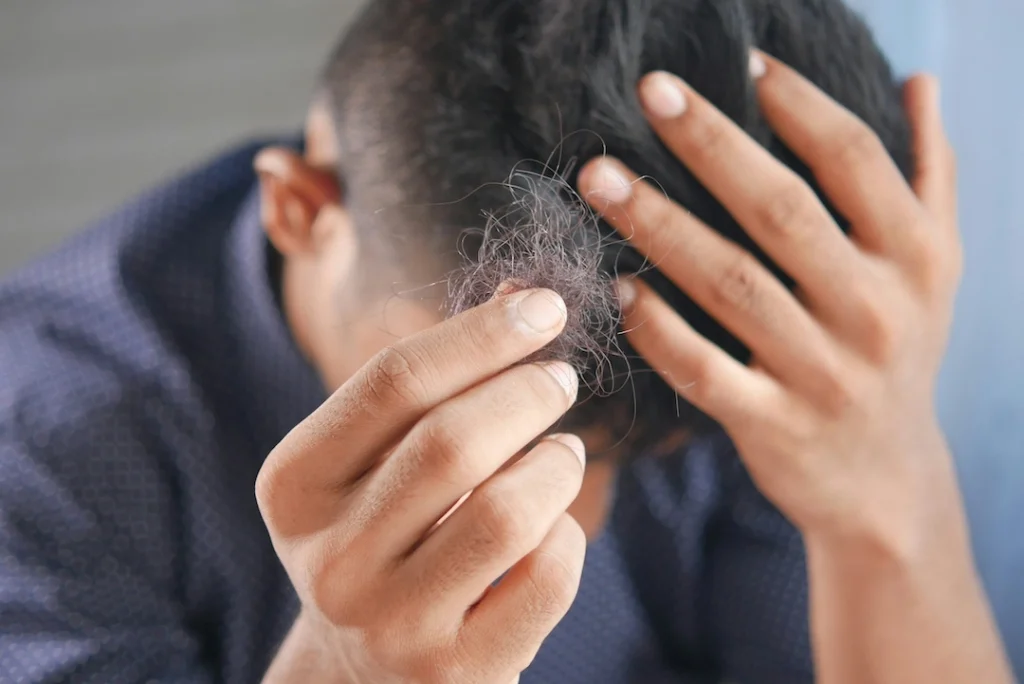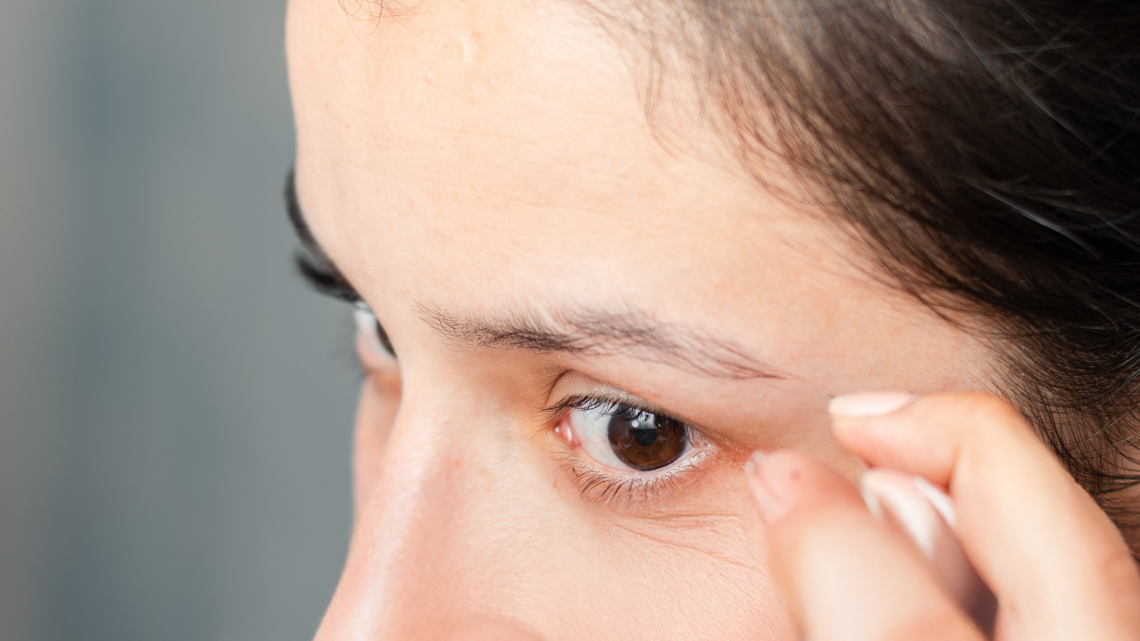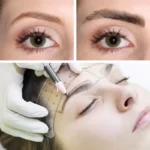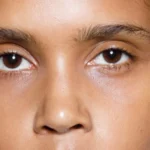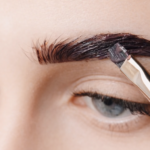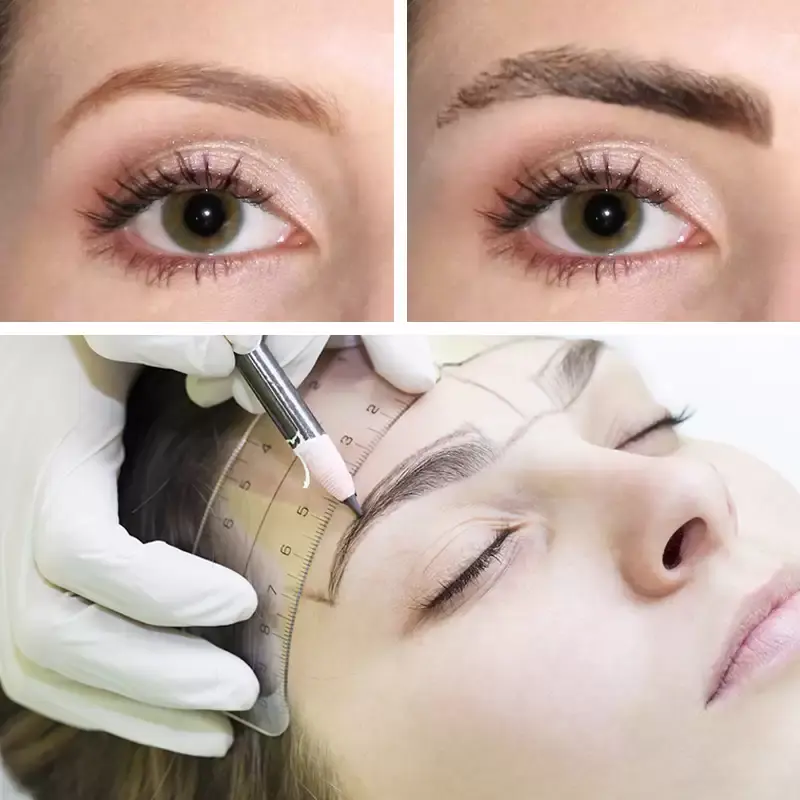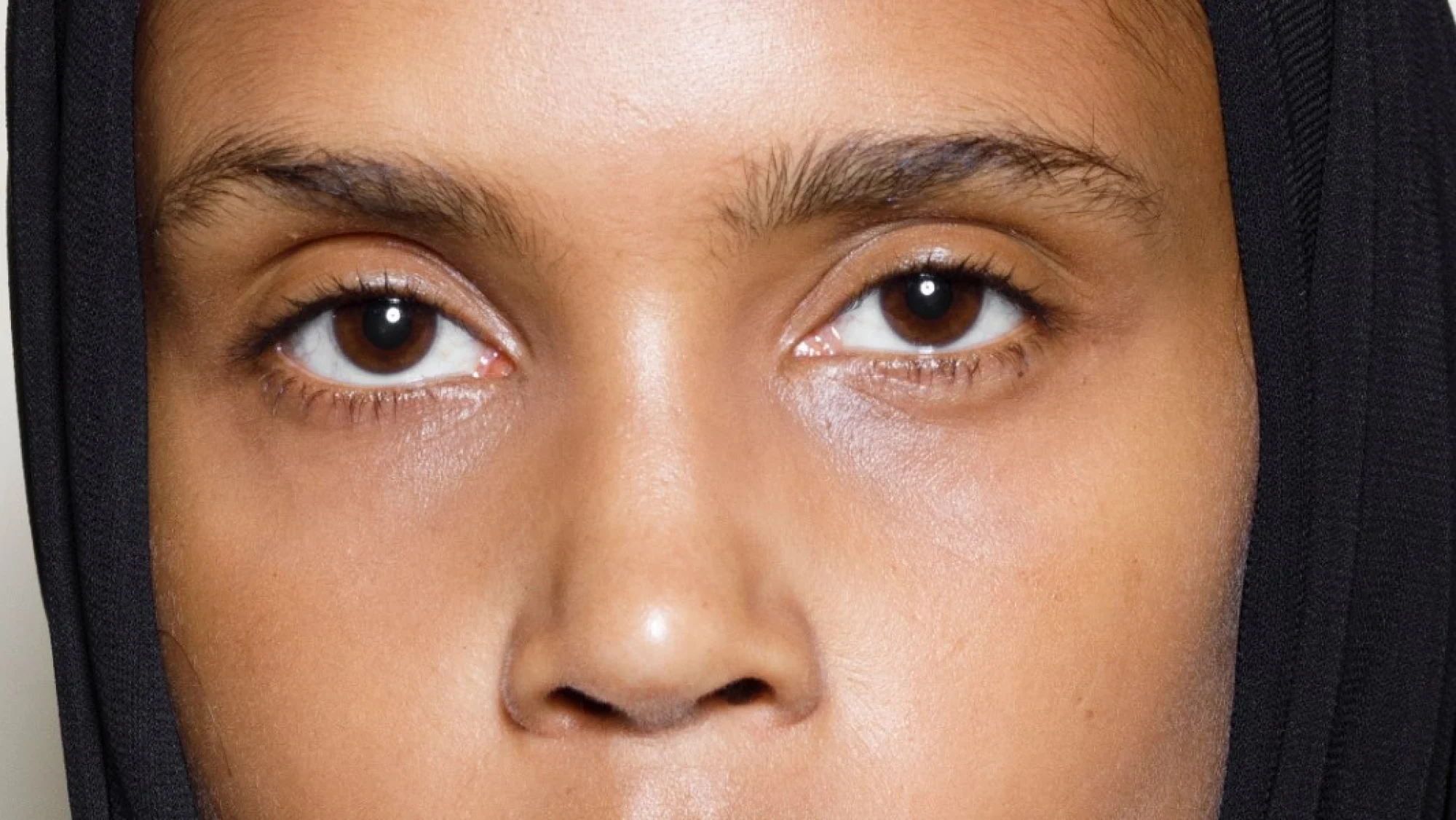Table of Contents
ToggleAt Kopelman Hair, we help patients understand how to regain hair loss from stress by targeting both the cause and the recovery process. The key is to reduce stress, restore balance to the hair growth cycle, and support each hair follicle with proper nutrition, scalp care, and, when needed, medical treatments.
With over 40 years of expertise, our team creates individualized treatment plans that may include stress management techniques, dietary adjustments, topical treatments, and in-clinic therapies.
Stress-related shedding can often be reversed within months when these solutions are applied consistently and under professional guidance.
Key Takeaways
- Stress-related hair loss is often temporary and can be reversed by addressing the underlying stress and supporting hair health through targeted care.
- Common signs include sudden shedding, diffuse thinning, and increased hair fall a few months after a stressful event.
- Recovery strategies include a nutrient-rich diet, proper sleep, gentle hair care, scalp stimulation, and medical treatments when needed.
- Early evaluation by a hair restoration specialist like Dr. Kopelman can improve recovery outcomes and prevent long-term thinning.
Causes of Stress-Related Hair Loss
Stress-related hair loss is often linked to telogen effluvium, a condition that disrupts the normal hair growth cycle. This disruption causes more hairs to enter the resting phase and fall out weeks later.
Both physical and emotional stress cause hair loss by altering hormone levels and reducing scalp blood flow, which can affect the function of each hair follicle.
While stress-related loss is usually temporary, other types of hair loss include alopecia areata, androgenetic alopecia, and scarring alopecia, each with distinct causes and treatments.
Subtypes of Telogen Effluvium:
- Acute – lasts under six months and resolves when the trigger is removed.
- Chronic – persists for more than six months, often requiring ongoing care.
How Doctors Diagnose Stress-Related Hair Loss
Diagnosis may include:
- Scalp exam – checking shedding patterns.
- Pull test – gently removing a few strands to assess loss.
- Blood tests – identifying nutritional deficiencies or hormonal imbalances.
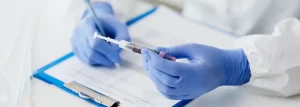
Can You Reverse Stress-Related Hair Loss?
Stress-related hair loss occurs when stress disrupts the hair growth cycle, causing increased hair shedding. Understanding the cause is the first step in recovery.
Symptoms and Early Signs
Signs include sudden shedding, reduced volume, and thinning across the scalp. You may notice more hair on pillows, in drains, or on brushes.
How Stress and Anxiety Affect Hair
Stress increases cortisol, which can shorten the growth phase and trigger loss. Anxiety may cause habits like pulling or over-styling hair, making the problem worse.
How Long Does Stress Hair Loss Last?
Shedding often peaks three months after the trigger and may last three to six months. Duration depends on health, stress management, and early treatment.
Will Hair Loss from Stress Grow Back?
Most people see regrowth once stress is resolved. Persistent thinning should be evaluated by a specialist like Dr. Kopelman to rule out other conditions.
Stress Management for Better Hair Recovery
To reverse hair loss due to stress, focus on reducing stress with daily habits:
- Practice meditation or deep breathing exercises.
- Keep a stress journal to track triggers.
- Break tasks into smaller, manageable steps.
Even small adjustments, such as taking short walks or listening to calming music, can help regulate cortisol and support healthy hair.
Gender-Specific Causes in Women and Men
Hair loss due to stress can affect both men and women. Women may experience stress-related hair loss alongside hormonal imbalances from pregnancy or menopause. Men may see stress accelerate genetic hair loss at the temples or crown.
Supportive Hair Products During Recovery
Products cannot cure stress-related loss, but can help protect hair:
- Sulfate-free shampoos
- Lightweight conditioners
- Leave-in sprays or serums with aloe vera, argan oil, or panthenol
Stress-Related Hair Loss Recovery Naturally
Diet and Vitamins for Hair Recovery
Eat a nutrient-rich diet with:
- Protein from eggs, fish, or beans
- Iron from leafy greens or lean meats
- Vitamins A, C, D, E, biotin, and zinc
Quality Sleep and Stress Management
Aim for 7–9 hours of sleep nightly. Activities like meditation, yoga, or walking help lower stress and promote a balanced hair growth cycle.
Gentle Hair Care Practices
Avoid tight styles, excess heat, and harsh treatments. Pat your hair dry after washing and use gentle, scalp-friendly products.
Scalp Massage and Topical Solutions
Massage the scalp daily to increase circulation. Topical treatments like minoxidil may help support regrowth.
Gender-Specific Recovery Advice
Women may need hormonal evaluations, while men can combine stress reduction with treatments for genetic loss.
Long-Term Prevention and Maintenance
Maintain healthy lifestyle habits, a balanced diet, and consistent scalp care to protect healthy hair and prevent recurrence.
Expert Insight and Trusted Sources
Dr. Kopelman notes: “Early detection lets us create a plan that supports regrowth and prevents long-term thinning.” Research in the Journal of the American Academy of Dermatology confirms telogen effluvium is reversible when the cause is addressed.
Medical and At-Home Treatments
Daily Recovery Routine
Morning:
- Eat a protein-rich breakfast.
- Massage scalp for 2–3 minutes.
Afternoon:
- Take a short stretch or deep breathing break.
- Drink water to stay hydrated.
Evening:
- Have a balanced dinner.
- Limit screen time before bed for better rest.
How to Stop Hair Loss from Stress
A specialist may recommend prescription topicals, platelet-rich plasma (PRP) therapy, or low-level laser therapy to shorten recovery.
When to Consider Supplements or Medication
If tests reveal deficiencies or hormonal imbalances, supplements like iron, vitamin D, or biotin may help. Some cases require hormone-regulating or anti-inflammatory medication.
Coping and Mental Well-Being
How to Deal with Hair Loss Mentally
Focus on what you can control, like trying new hairstyles or using volumizing products.
When to Seek Professional Support
If anxiety from hair loss disrupts daily life, counseling or support groups can help.
When to See a Doctor
If shedding lasts over six months, worsens, or includes scalp irritation, see a specialist. At Kopelman Hair, Dr. Kopelman offers detailed evaluations and customized recovery plans.
When to Seek Professional Help – Detailed Checklist
Seek care if you have:
Quick Tips for Managing Stress-Related Hair Loss
- Eat balanced meals
- Keep sleep patterns consistent
- Handle hair gently
- Manage stress through exercise, meditation, or hobbies
If you’re experiencing hair loss due to stress, scheduling a consultation with Kopelman Hair can help you get a clear diagnosis and a personalized recovery plan. Contact us today to start your journey toward healthy hair.


